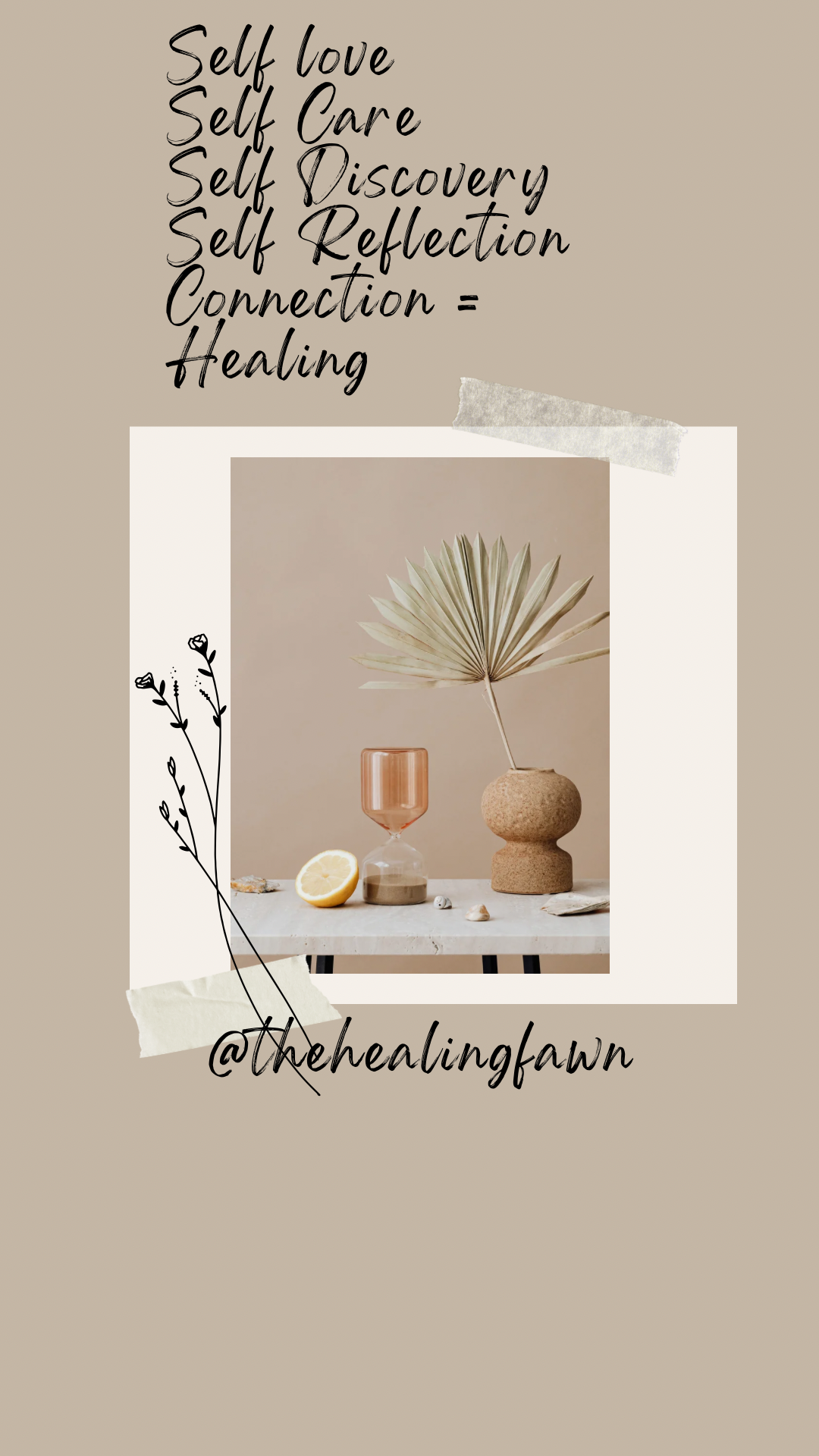Relationships can be our biggest source of joy and fulfillment, but they require each partner to be self aware and responsible to do their own inner work to maintain. One of the most important aspects of a healthy relationship is the ability to co-regulate with your partner. Co-regulation refers to the process by which one partner can help to regulate the other's nervous system state. This can be especially helpful when one partner is feeling slightly dysregulated and can use some support to return to a more balanced state.
Co-regulation is simple a practice of sharing our emotional regulation with another. It is an essential skill to maintain in relationships because it involves a mutual support and safety. Co-regulation is a of relational concept where both individuals support each other’s emotional well-being without sacrificing their own needs. In this type of relationship, partners communicate openly and honestly about their feelings and needs, and work together to find solutions that benefit both parties. Co-regulation involves active listening, empathy of each other’s emotions, and physical touch like a big warm hug when our partner is anxious or overwhelmed. It’s a balanced relationship where both parties take responsibility for their own emotional health and well-being while also supporting each other. It allows partners to trust each other for comfort and reassurance, which can strengthen their bond and deepen their connection.
On the other hand, codependency is an unhealthy pattern of behavior that can occur in relationships. Codependency is a type of relationship where one person relies on the other for emotional support, balance and validation. In this type of relationship, one person may sacrifice their own needs, feelings, and goals to please the other person. Codependent relationships often involve one person being emotionally needy and the other person being a caretaker. The caretaker may feel responsible for the other person’s happiness and may neglect their own needs in the process. Codependency involves one partner basing their behavior off of the other's behavior. This can lead to a inauthentic cycle of negative behaviors and emotions, as well as both partners become increasingly reliant on each other for their emotional well-being.
If a relationship is unable to co-regulate, it may become codependent. This can be harmful to both partners and can lead to feelings of resentment, anger, frustration and relational failure. Therefore, it's important to work on developing techniques together for co-regulation in order to maintain a healthy and thriving relationships.
In conclusion, while both co-regulation and codependency involve emotional support and validation between partners, they are fundamentally different. Co-regulation involves a balanced relationship where both parties take responsibility for their own emotional well-being while also supporting each other. Codependency, on the other hand, involves an unbalanced relationship where one person sacrifices their own needs for the other person’s emotional well-being. It’s important to recognize the difference between these two types of relationships and strive for healthy, connected relationships and self aware partners in our lives.
Remember, We all carry our own unresolved trauma from our childhoods and past relationships and it is our responsibility to do our own inner healing work first and continue to do during our relationships in order for co-regulation to be an available technique to use.
